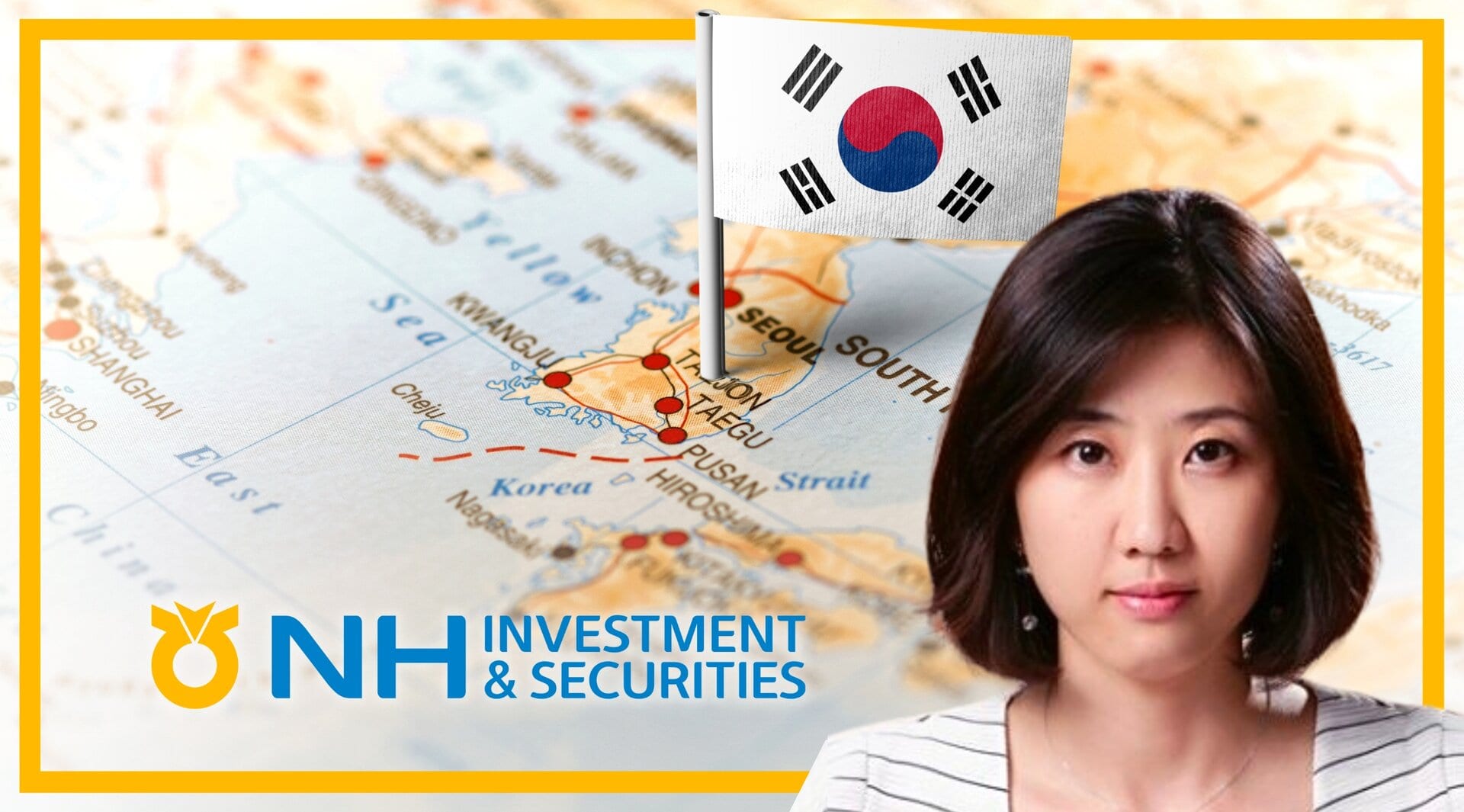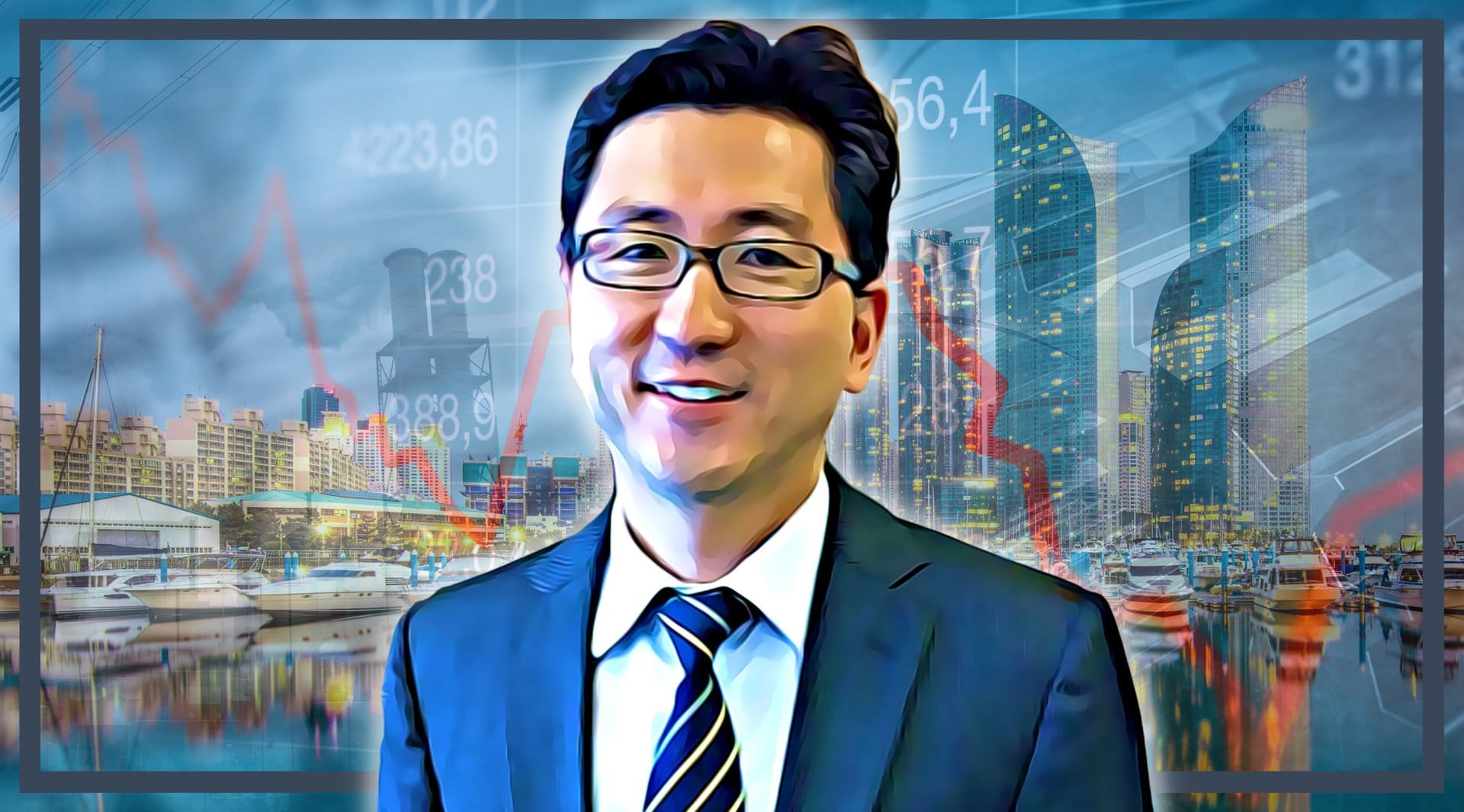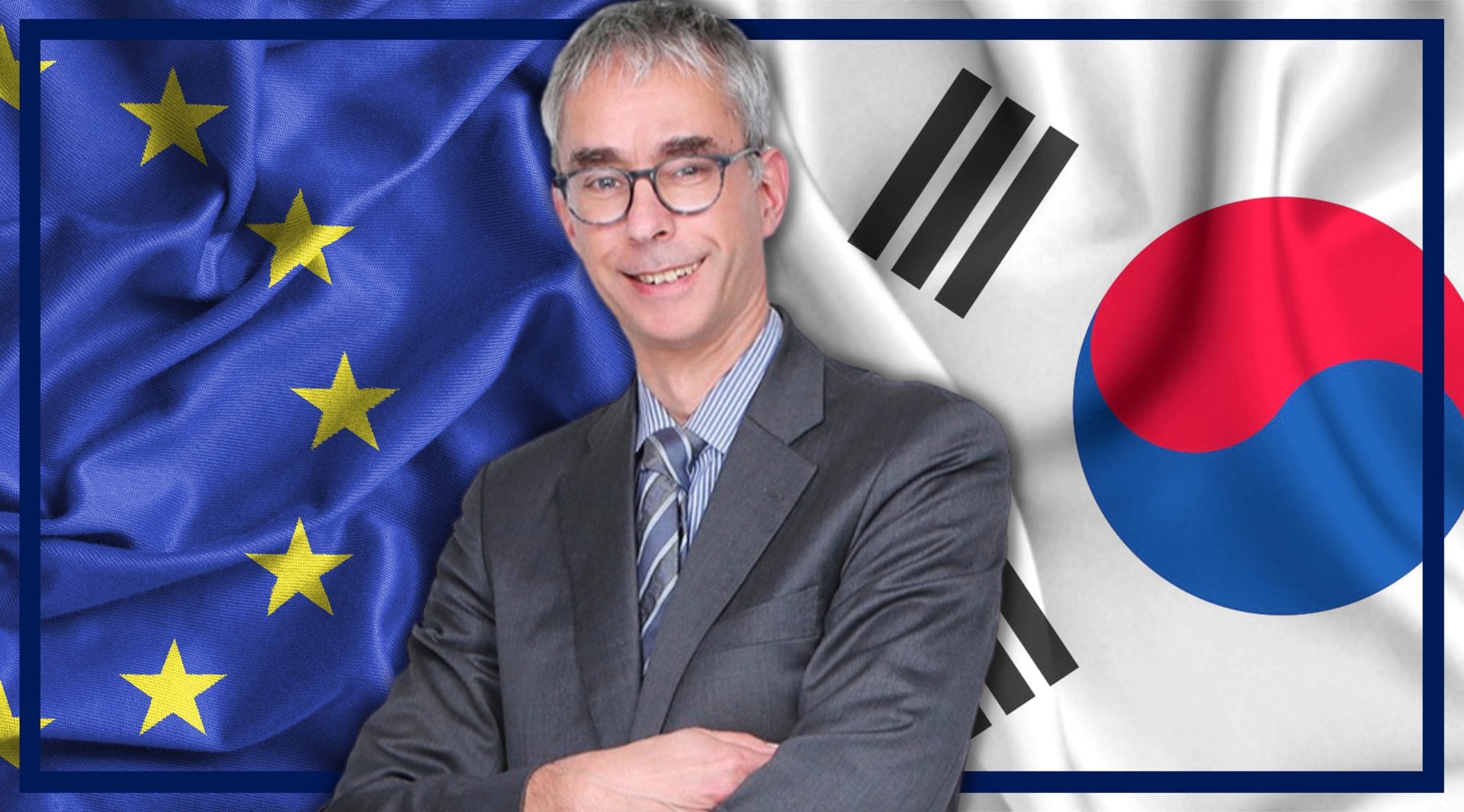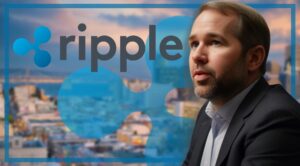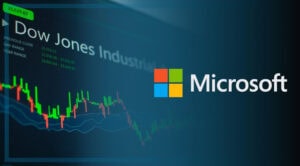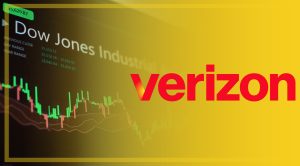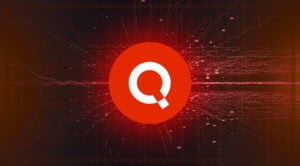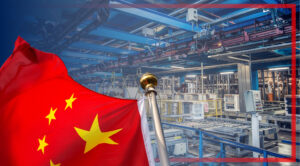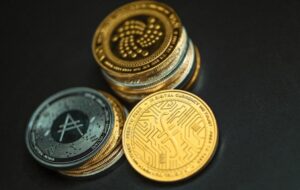When it comes to investment banks in Korea, they don’t come much bigger than NH Investment and Securities. First established as Hanbo Securities in 1969, when Korea began to develop and open up its capital markets, the bank has been a dominant player in the country’s investment banking scene for decades. Having merged with other major banks down the years, such as Woori Securities and NongHyup I&S, NH Investment and Securities has steadily grown to offer a wide range of services and products across investment banking, wealth management, and M&A advisory. As of 2020, the bank boasted over 63 trillion Won in assets ($46.3 billion), almost 6 trillion Won in shareholders’ equity ($4.5 billion), and a pre-tax income of just under 800 billion Won ($590 million).
But as Seoul continues to become of greater prominence in both Far Eastern and global financial markets, what role does NH Investment and Securities wish to play going forward? And what challenges could the investment bank encounter? #DisruptionBanking sat down with Jungmin Lim at their headquarters in Seoul’s financial district of Yeouido-dong to find out more. Jungmin has worked at NH Investment and Securities for over a decade, and is now the Director of the Infrastructure Investment Team in its investment banking division.
Yeouido (Hangul: 여의도, English: Yoi Island or Yeoui Island) is a large island (or eyot) on the Han River in Seoul, South Korea. It is Seoul's main finance and investment banking district. Its 8.4 square kilometers are home to some 30,988 people. pic.twitter.com/K7srCIcjUS
— Korea fashion (@korenfashion) December 4, 2021
Jungmin started by discussing what she sees as NH Investment and Securities’ role in the Korean investment banking space. “We are one of the top investment banks in Korea and have over 60 trillion Won in assets, which makes us the second largest investment bank in Korea,” she said. Broadly speaking, the bank is divided into two different business divisions. The first relates to traditional banking activity, such as IPOs and M&A deals. The second is focused more on providing alternative investment opportunities, as well as financing and structural underwriting products.
“We provide many different services to our clients. We cover traditional investment banking activities, such as in debt capital markets and equity capital markets, or through IPO and M&A advisory. But we also provide alternative investment opportunities, including in real estate, energy, and infrastructure,” Jungmin explained. “We are one of the very few players in Korea which provide all of these different kinds of investment banking services.”
Jungmin personally focuses on the second division. She summarised her role as “investing in global alternative assets from our own balance sheet first, and then subsequently selling them down to other Korean clients, such as Korean pension funds, insurance companies, and other banks.” As fellow leading investment banks do, NH Investment and Securities invests in assets and participates in the syndication as a representative of accredited investors, before selling off their stake to other clients. In recent years, Jungmin has specialised in infrastructure and energy, investing in assets such as roads and transport, as well as “social infrastructure” like hospitals and renewables.
NH Investment and Securities is mostly exposed to foreign markets. According to Jungmin, this is because foreign assets have traditionally provided a more attractive yield. At least before the Bank of Korea’s recent hike in rates, “the interest rates were a bit higher in the global market, compared to the Korean market, and this meant a more attractive internal rate of return (IRR).” With regards to Jungmin’s infrastructure projects, there is also greater liquidity and transaction volumes in global markets. “One of the main assets that we’ve invested in is public and private partnerships (PPPs). This is a very big market globally, especially in the UK. These kind of factors drive Korean investment banks to look for investment opportunities in the global market, outside Korea.”
NH Securities opens London branch to expand market coverage https://t.co/6qz7kZEoJU
— Yonhap News Agency (@YonhapNews) April 27, 2022
2021 was a record year for investment banking activity globally, but that dealmaking frenzy has dried up as interest rates rise and the world faces a deep recession. And with the fallout of the coronavirus pandemic and the hike in interest rates, felt both in Korea and globally, the bank has been forced to adapt the way it’s allocating assets.
“Investors have changed their investment strategy [in light of economic conditions]. Their preference for alternative assets has got weaker compared to last year,” Jungmin said. “From our perspective, it’s very hard to find liquidity in the market now. Clients are opting for other assets, such as fixed income assets.”
Not only has the allocation of assets changed, but the volume of funds being invested has decreased. “The total amount of liquidity has actually decreased very fast. The interest rate cycle and hike in rates have not only changed allocation strategy, but had a significant impact on liquidity.”
As we also explored in our feature on Seoul’s private equity scene, the Korean market has been particularly affected by tighter monetary conditions globally. The Bank of Korea is being forced to move faster than the Federal Reserve in hiking rates so as to prevent a run on the Korean Won. This has had a number of important knock-on effects, both in the property sector and short-term money markets.
First article from #Seoul for @DisruptionBank. The Bank of Korea must hike rates to match the US & shield the Won. But it can't do so without exposing millions to potential home losses. This uncertainty is affecting the city's nascent #privateequity scene:https://t.co/ljjh5XO042
— Harry Clynch (@clynchharry) November 8, 2022
Despite these challenges, Jungmin is optimistic about the future of Seoul’s investment banking space. She noted that the sector “has been growing very rapidly in Seoul, especially compared to other Asian hubs such as Hong Kong and Singapore.” There has particularly been a proliferation in M&A activity, largely driven by Korean conglomerates aiming to strengthen their business models through buying other corporates or selling affiliate companies. Previous administrations have spotted the city’s potential in the space and encouraged the development of Korea’s investment banking scene. “The previous government wanted to make a “Korean Goldman Sachs.” They came up with regulation to support the investment banks in growing fast. The Korean government have offered very strong support to grow the market.”
Like every other financial hub, Seoul will have a challenging 2023, Jungmin believes. Interest rates may start to wane, but will still be high. Inflation, both in Korea and globally, could continue to rise. This means for Korean investment bankers, the liquidity issue “is not going to be solved anytime soon.” In turn, this is likely to mean that investors adopt more conservative strategies, putting further pressure on alternative asset markets, like those Jungmin deals in.
NH Investment and Securities has weathered many storms: in the early days of Korea’s economic development, in the aftermath of the Asian financial crisis, and during the fall-out of the global crash in 2008. Each time it has proven its ability to carry on growing and come out stronger on the other side. Jungmin for one is confident this will remain the case – and that Seoul itself will also continue its rise up the ranks.
Author: Harry Clynch
#Seoul #InvestmentBanking #Securities #M&A





